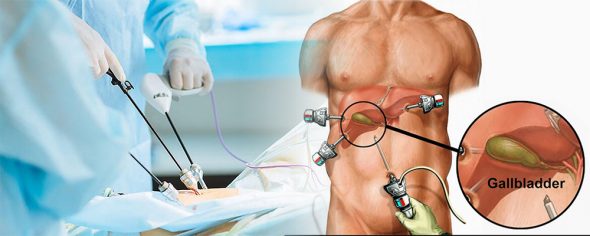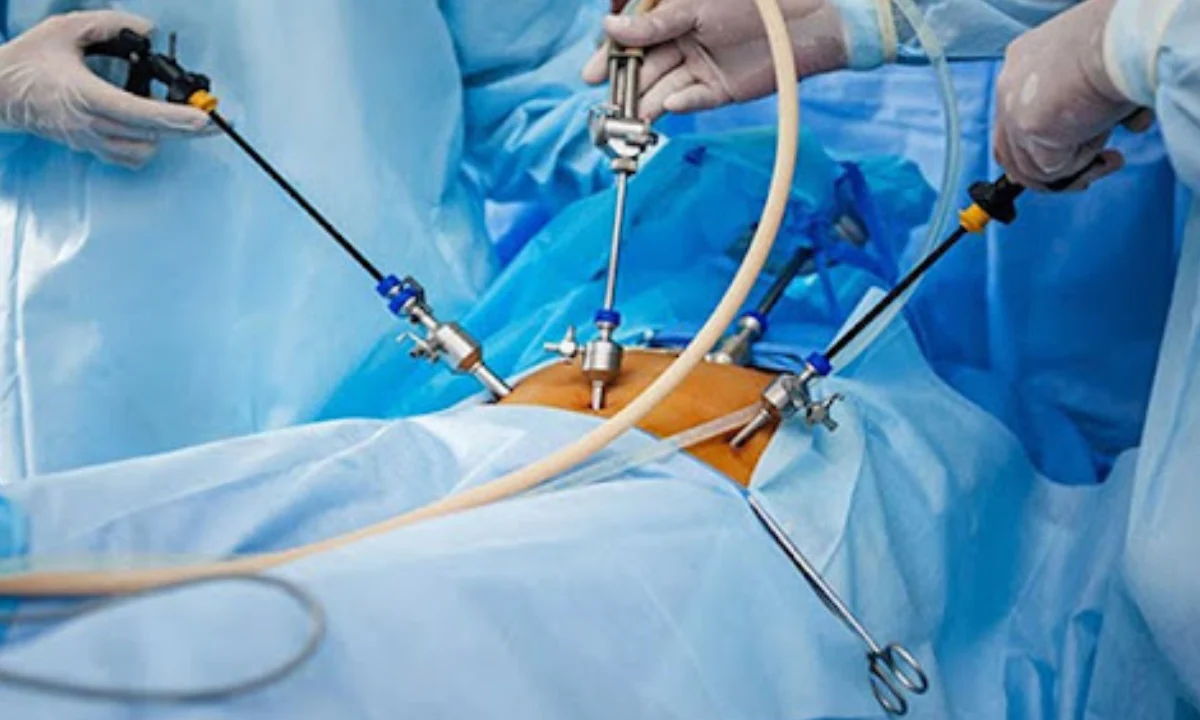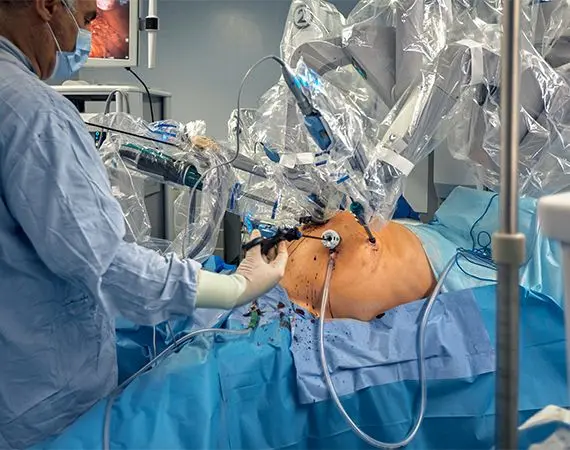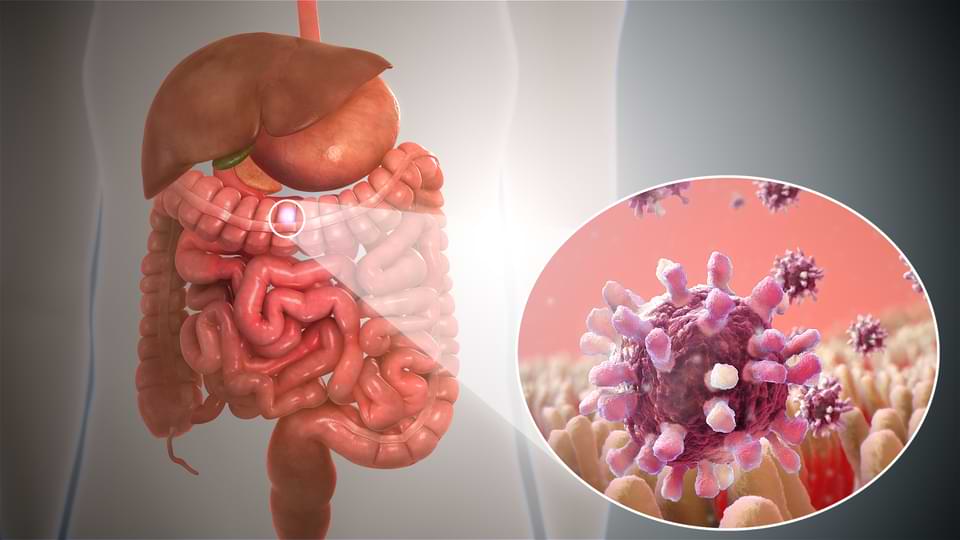Introduction: Gallbladder Removal Surgery
Gallbladder removal surgery sounds kinda serious, right? But it’s more common than you might think. Lots of people go through it and come out just fine (better even!). The goal here isn’t to throw a bunch of complicated medical stuff at you, but to explain everything in plain simple english. Like if your friend sat down and said, “Okay, here’s how this goes.”
And don’t worry, we’ll talk about everything—before, after, and all the in-between stuff. Oh, and yes, the gallbladder is a weird little organ, but we’ll make it less mysterious, promise.

Why even remove the gallbladder?
So, first things first—why are doctors even talking about taking your gallbladder out? Usually it’s cuz of gallstones, which are basically like tiny rocks that form inside the gallbladder and can cause super annoying pain. Some people feel this sharp pain in their belly, others feel bloated or sick after eating.
There’s also things like infection or inflammation (fancy word: cholecystitis), or very rare cases like polyps or gallbladder cancer. But don’t panic. Most of the time it’s the gallstones causing all the drama.
And guess what? You can totally live without a gallbladder. Your liver will still do it’s job.
Getting ready for surgery (it’s not as scary as it sounds)
If your doctor (maybe at Care and Cure Hospital) says you need surgery, don’t freak out. The preparation is pretty chill.
- First, you’ll meet the doctor and have a little chat about your health, meds, maybe do some blood tests or a scan.
- You’ll probably need to stop eating 6–8 hours before surgery. No midnight snacks, sorry!
- Some meds, like blood thinners, may need to be paused. Your doc will tell you.
- And yes—definitely have someone to drive you home and maybe stay with you that night. You’ll be a bit loopy after.
And if you’re anxious, that’s totally normal. Like, everyone gets nervous before surgery, even if they’ve done it before.
What’s the actual surgery like?
So let’s be real, no one wants surgery. But gallbladder removal is usually done through laparoscopic surgery, which is way easier on your body than old-school open surgery.
They make 3 or 4 tiny cuts in your belly, insert a little camera, and remove the gallbladder with small tools. That’s it. You’re asleep the whole time. The surgery usually takes around 1 or 2 hours.
In some rare cases, if things are more complicated, they might need to switch to open surgery with a bigger cut. But that’s not very common.
The cool part? Because it’s done with such small cuts, you’ll heal quicker and have smaller scars. Win‑win.
After surgery – what’s it feel like?
Right after, you’ll wake up kinda groggy in the recovery area. You might feel a bit sore or nauseous (don’t worry, it goes away). Nurses will check your vitals and make sure you’re doing okay.
Most people go home the same day unless the doctor wants to keep an extra eye on you for a night.
You’ll probably feel a little pain around the cuts and might feel a bit bloated (like, ughh). But nothing major, and they’ll give you medicine for the pain if needed.
Don’t plan on doing much right away. It’s Netflix and rest for a few days at least!
The recovery part (take it easy!)
So here’s the truth—recovery is different for everyone. But usually it goes something like this:
- First couple days: Lots of rest. Try to move a little, even walking around the house, but no lifting or bending too much.
- First week: You’ll start feeling more like yourself. Still avoid heavy lifting, and keep your wounds clean. Showers are fine (just not soaking in tubs yet).
- After 2 weeks: You’ll prob be back to normal things like work or school, especially if your job isn’t too physical.
- After 4 weeks or so: You’re likely fully back to normal life. You might feel some tightness near the stitches, but that’s just healing.
And yeah, your belly might feel weird at times, or you might walk a bit funny at first. Totally normal.
Oh, and wear comfy pants. Trust me.
What about eating after gallbladder surgery?
Let’s talk food—’cause everyone asks this.
After gallbladder removal, your body takes a bit to get used to not having a bile storage tank (that’s what the gallbladder basically was).
Here’s what helps:
- Start with low-fat foods like toast, rice, bananas, soup.
- Avoid greasy stuff for a while. Pizza and fries? Give it time.
- Eat small meals more often.
- Drink plenty of water, and avoid alcohol at least for the first few weeks.
Eventually, most people can eat normal again. But some folks stay sensitive to fatty food, so it’s all about figuring out what works for your tummy.
Problems to watch for (but don’t panic)
Most surgeries go smooth, but here’s a few things to keep an eye on:
- Fever or chills after surgery
- Bad pain that doesn’t go away
- Weird drainage or swelling from the cuts
- Nausea or vomiting that won’t stop
- Yellow skin or eyes (that’s rare but serious)
If anything feels off, just call your doctor or visit the hospital. Care and Cure Hospital has a team that’ll help you right away. Better safe than sorry, right?
FAQ – Real Questions People Ask About Gallbladder Removal
Q1. Will I feel different without a gallbladder?
At first, a little. You might get tummy aches or have to run to the bathroom more often, but that usually settles down. Most people feel better after since the gallstones were the real problem.
Q2. How bad is the pain after surgery?
Not terrible. It’s more soreness and bloating than sharp pain. You’ll probably take pain meds for a few days and then be good with just rest. You might feel a tug around the stitches for a couple weeks, though.
Q3. Can I drive after surgery?
You gotta wait until you’re off the heavy pain meds and can move around comfortably. For most people, that’s like 7–10 days. But always double check with your doc.
Q4. I had diarrhea after surgery. Is that normal?
Yup, that happens. It’s cause bile goes straight into your gut now. Usually it calms down in a few weeks. Low-fat food and fiber can help. If it keeps going, just let your doc know.
Q5. When can I workout again?
Take it slow. Walks are great early on. Anything more intense like gym or running—wait at least 4–6 weeks and only after your doc says you’re good to go.
Conclusion
If you’re reading this and freaking out a bit—breathe. It’s a lot, but you’re gonna be okay. Gallbladder surgery is super common, and people bounce back fast. And with the team at Care and Cure Hospital, you’ll be in good hands from start to finish.
If you’ve got more questions, or if surgery is coming up soon, go ahead and reach out. The folks there are helpful, kind, and know what they’re doing.
You got this. Take it one day at a time, rest when you need it, eat smart, and trust your body to heal.






